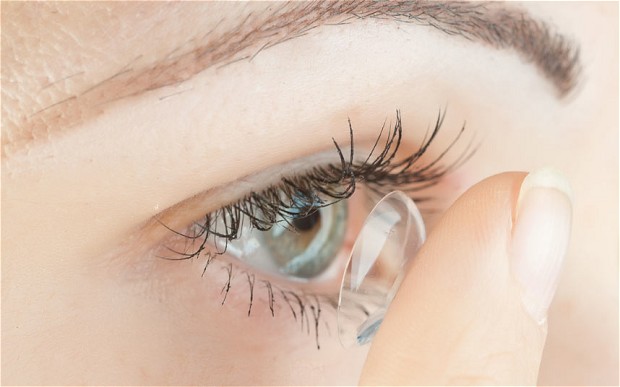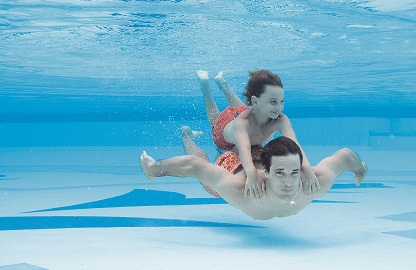
4 Common Contact Lens Mistakes That Are Detrimental to the Eyes
Posted by Editor on May 7th, 2015 in Eye Care | 0 comments
People wear contact lenses for different reasons; some to treat visual conditions (e.g. nearsightedness, farsightedness), some purely for aesthetic reason. But regardless of your purpose, contact lenses require extra care in handling. Little mistake can mean excruciating eye infection, which can lead to permanent eye damage or worst blindness. Be aware and be sure to avoid these common mistakes that many contact lens wearers make.

- Cleaning the lenses or the case with water
Many people are not aware that contact lens and its case shouldn’t be washed with water. Water can cause the contact lens to change in shape or make it swell and stick to the eye. This can lead the lens to scratch the cornea, giving germs an access to the eye.
- Sleeping with contact lenses on
When you sleep, the closed environment in your eye creates warmth and moist. This increases your eyes susceptibility to microorganisms that might be already living on your contacts. Moreover, sleeping with contact lens can scratch your corner when the lens slips out of place while you’re unconscious.

- Topping off the old solution with a new one
Many people think that there’s no harm in adding new solution to old solution in their contact lens case, but they’re wrong. Mixing new solution with old one makes the disinfecting properties lose its effectiveness. Ideally, the solution should be changed every day to ensure that the contacts are completely sanitized every time.
- Going into the water with contact lenses on
It might seem like no big deal, but showering and swimming with contacts on is dangerous to the eyes. Most water sources, including pools, lakes, batroom sinks, and hot tubs, contain a microorganism called Acanthamoeba. If it gets into your eyes, this microorganism can cause tremendously painful infection and can potentially cause blindness.
Contact lenses can be a safe alternative in correcting the vision. However, its safeness depends on the user’s way of usage. To make sure you’re not jeopardizing the health of your eyes, follow your optometrist’s instructions and handle your contacts the right way.

